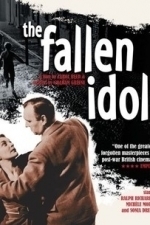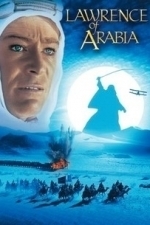"I love the scope of the movie; there is something in David Lean that I like very much. He’s always of the macro worlds and the micro worlds; he didn’t only do it in Lawrence of Arabia, but repeated it in Dr. Zhivago and other movies. [In Lawrence of Arabia] he made a movie with enormous scope and events that were known in the world — the Turkish-British War, and at the time, the taking of Akaba — things that were very spectacular and very epic, but in reality he’s talking to us about the homosexuality of one of the characters and something really minimalistic and very precise. He gets into the soul of a man through this spectacular movie and this union of these two worlds. He did it again in Dr. Zhivago as I said before, because in a way he put together the entire Russian revolution, which is also very big, while in reality telling a love story. So this kind of union, joining, he does between the macro world and the micro world is something that I was always interested in, and he was a master of doing the type of job. It’s one of those movies that always remain in your mind. Also, he gave himself permission to do it in a way that probably no studio would buy in our day; just to see a man coming from five miles into the camera for two minutes and a half — no executive producer would allow that to happen! He gave himself permission to do that, and I had the luck of seeing a remastered version of Lawrence of Arabia in a theater in Spain 10 years ago, and it was magnificent because it gave you the possibility of thinking, which is unusual.
We also have the performance of first time movie actor Peter O’Toole. That was the first movie that he did, which I didn’t know until I worked with Omar Sharif in a movie that I did years ago called 13th Warrior, and he told me that. At the time, he was a very prominent theater actor in London, but that was the first movie that he did. I will never forget those blue eyes on the big screen. Amazing!"
Source


